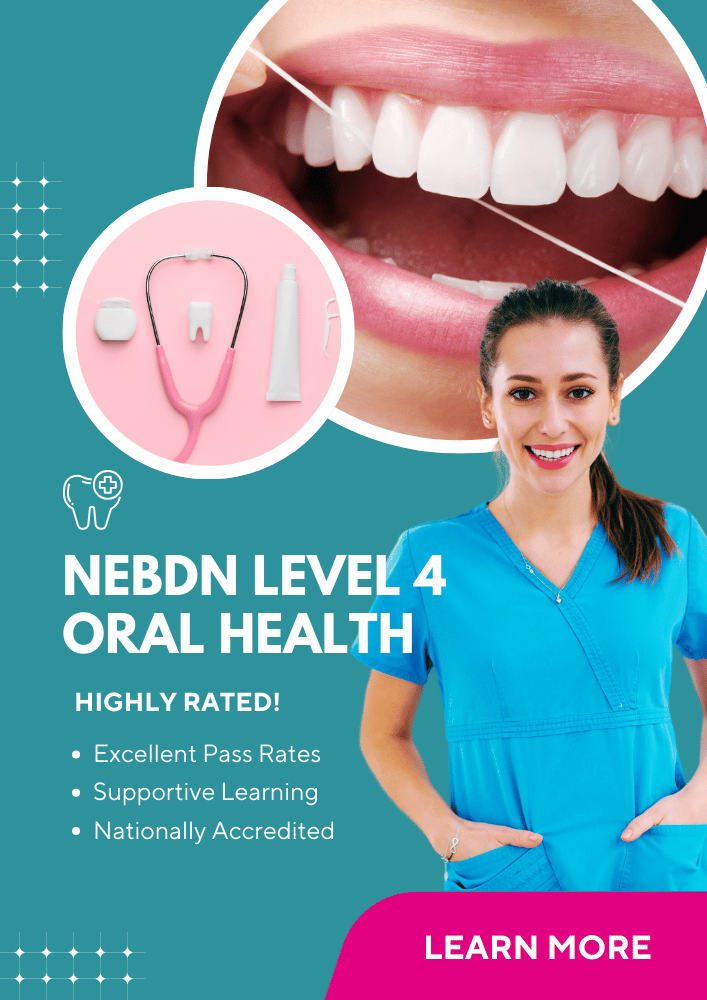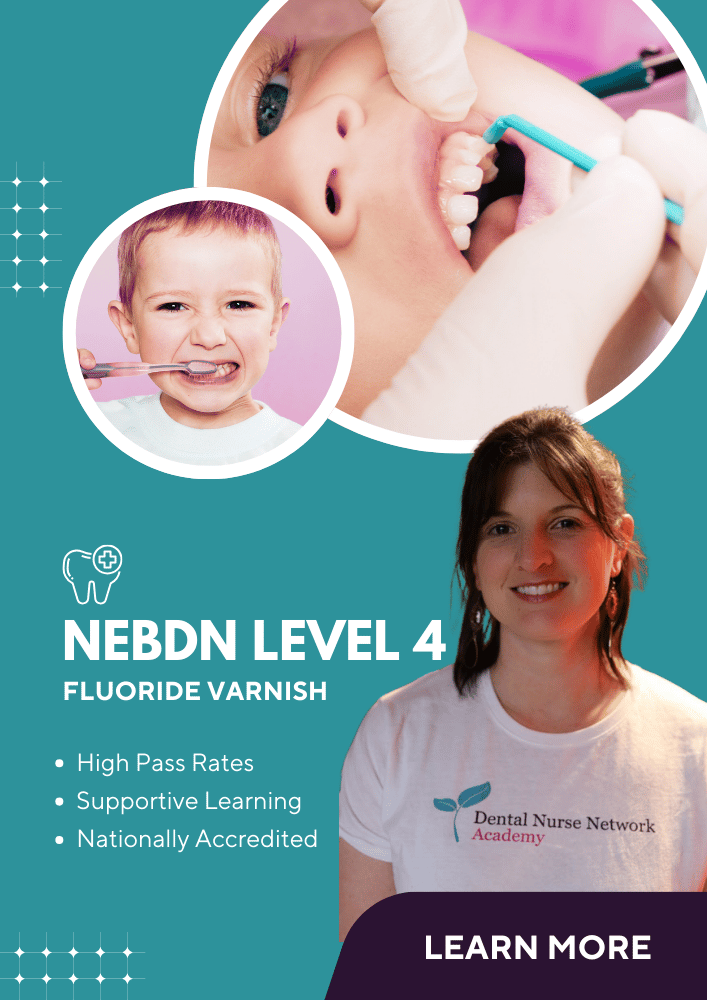 Attending an interview can be a daunting experience, whether it’s your first interview after school or you’ve been working for many years. Most of us feel nervous about stepping into the unknown, sitting in front of people we’ve never met, and trying to sell our skills and experience.
Attending an interview can be a daunting experience, whether it’s your first interview after school or you’ve been working for many years. Most of us feel nervous about stepping into the unknown, sitting in front of people we’ve never met, and trying to sell our skills and experience.
I’ve interviewed many trainee dental nurses over the years, first alongside my previous practice manager as the lead dental nurse, and more recently with a colleague as a practice manager. Here are my top tips to help you navigate the process and hopefully land the job you want.
CV: First Impressions Count
The first point of contact is often your CV, and it’s true that first impressions count. We’ve reviewed many CVs over the years, and when we have a large pool of applicants, we sometimes have to make quick decisions, so a smart-looking CV will help you get through to the interview stage.
Here’s what stands ou for us:
- Professional presentation: A clean, professional-looking CV on one side of A4 really catches our attention.
- Clarity: We don’t need a life history at this stage – keep it short, focused, and use bullet points to highlight your experience and education.
- Personalised cover letter: A cover letter that’s tailored to the specific role you’re applying for shows genuine interest and can really set you apart from other applicants.
There are some brilliant CV templates online that are definitely worth checking out. We often advertise roles through social media and Indeed, but we’ve found that the CVs submitted via Indeed can sometimes lack individuality, making it harder for candidates to stand out.
Interview: A Two-Way Process
Interviews can feel nerve-wracking, but remember, we’re also a little nervous! We want to make sure you’re the right fit for our team, and we’re also trying to sell our practice to you.
Here’s how you can make a great impression:
- Arrive on time and dress smartly: Punctuality and professionalism are key.
- Do your research: It’s always impressive when candidates have taken the time to look at our website and social media. It shows you’re genuinely interested in both the role and our practice.
- Balanced answers: We know nerves can make it difficult, but try to strike a balance in your responses. We’re not looking for one-word answers, but there’s no need to over-explain either – just keep it conversational.
When we interview qualified trainee dental nurses, we typically ask questions like:
- What is it about dental nursing that appeals to you?
- What is your understanding of the dental nurse role?
- Why are you looking to move on from your current role?
- What are your career goals moving forward?
Some of the more open-ended questions, like “Tell us about yourself” or “What can you bring to our practice?”, might feel a bit awkward, but we’re looking to see your personality and how you’ll fit into the team. Remember, you’re also interviewing us, so feel free to ask your own questions.
One question we always ask is whether you’re comfortable with blood. As a dental nurse, you’ll regularly encounter blood during procedures like extractions or surgeries. It’s important to be honest with yourself about whether this is something you can handle. We once had a trainee who realised early on that the sight of blood made her uncomfortable, and she chose to pursue a different career path. It’s always better to recognise this early on to ensure dental nursing is the right fit for you.
Probation Period: A Time to Learn and Grow
At our practice, we offer a three-month probationary period for both trainee dental nurses and qualified dental nurses. This time is absolutely vital, especially for trainee dental nurses, as dental nursing can be a niche role. Until you begin working in practice, you may not fully understand if it’s the right fit for you. Although we outline the job role during the interview, some people just don’t know what to expect until they start.
Here’s what to keep in mind during your probationary period:
Open communication: Some people realise early on that dental nursing isn’t for them, and we always appreciate when staff are honest about this. It’s better for everyone when expectations are clear.
Qualities we value: Being organised and efficient and keeping the surgery spotless are key qualities for success in this role, but there are other important attributes we look for:
- Attention to detail: Precision is vital, especially when assisting with procedures and handling instruments.
- Strong communication skills: As a trainee dental nurse, you’ll interact with patients, dentists, and the rest of the team regularly. Being able to communicate clearly and compassionately helps ensure smooth operations and a positive patient experience.
- Anticipating the dentist’s needs: A key skill to develop as a trainee dental nurse is the ability to anticipate what the dentist will need next during procedures. Paying close attention to the flow of work and being ready with the right instruments or materials can help the dentist perform more efficiently and ensure the procedure goes smoothly.
- Adaptability: Dental practices can be fast-paced environments, and tasks may change throughout the day. Being flexible and able to handle unexpected situations with a calm, professional attitude is key.
- A caring and patient-centred approach: Making patients feel comfortable and reassured is a big part of dental nursing. A caring attitude can make all the difference in a patient’s experience, especially for those who may feel anxious about treatments.
During the probation period, we’ll also ensure dental trainees have received their initial Hep B vaccine and carry out a DBS risk assessment. We also have our dental nurse course provider draw up a document stating that on successful completion of the probationary period, the candidate will be enrolled in the trainee dental nurse course.
The probationary period not only allows you to see if the role fits you, but it also helps us as a practice determine if you’re the right fit for the role. It’s a time for learning and adjustment, and we provide support to help you settle into your role. At the end of the three months, if we don’t feel the candidate is right for the role, we don’t offer a permanent position.
Ultimately, if dental nursing is what you truly want to do, you’ll know soon enough – and so will we. As long as you put in the effort, keep your surgery spotless, support the team, and make patients feel welcome, then dental nursing could be the perfect fit for you.
Additional Resources for Trainee Dental Nurses
For more tips, guidance, and resources to help you succeed in your dental nursing career, check out these helpful tools and articles:



